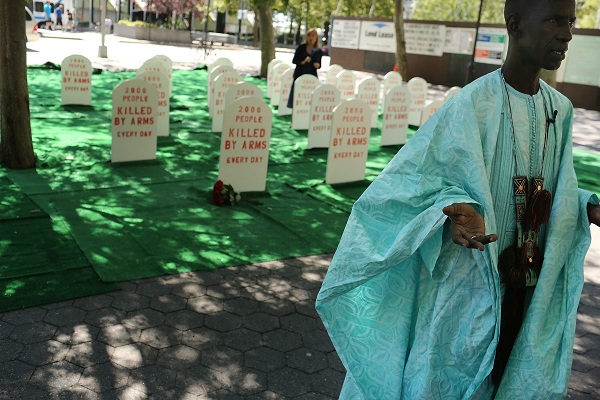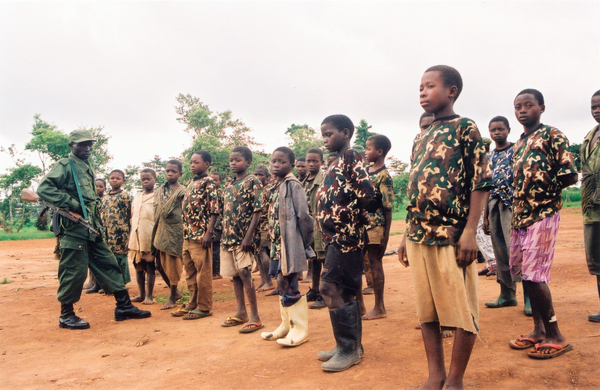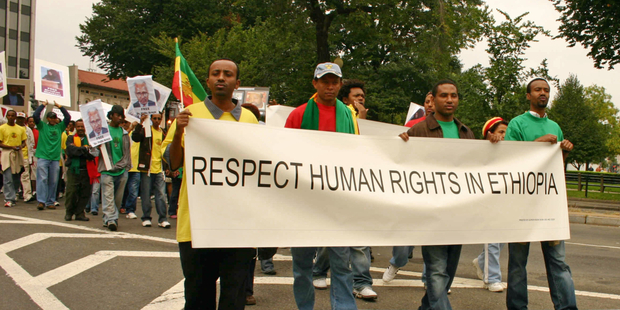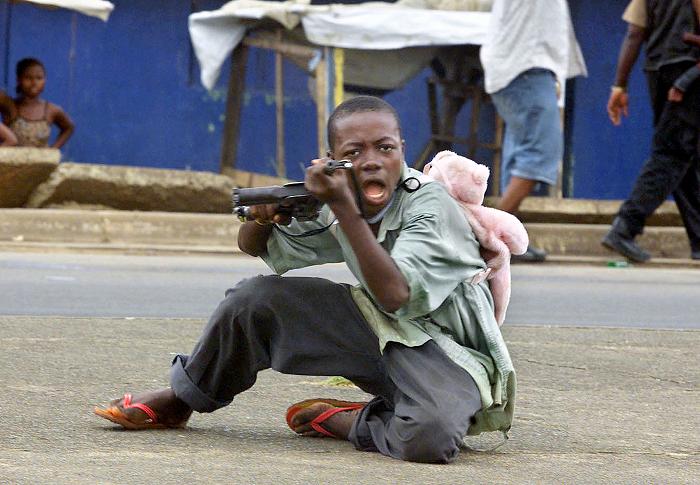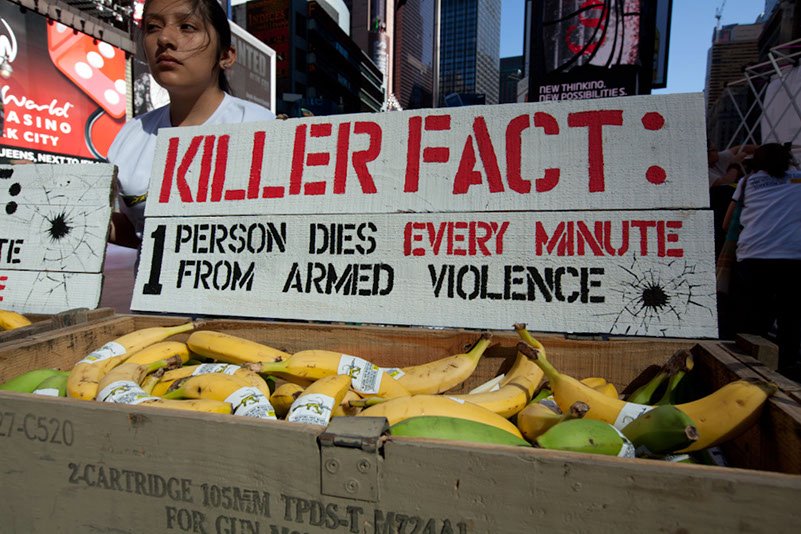Late last week, Congress reclaimed some of its human rights mojo when the bi-partisan Tom Lantos Human Rights Commission (TLHRC) announced its new Defending Freedoms Project. The TLHRC was established in 1983 by the late Rep. Thomas Lantos, the only Holocaust survivor to have served in Congress.
The project kicked off with the TLHRC co-chairmen Frank R. Wolf adopting Chinese human rights lawyer Gao Zhisheng and James P. McGovern taking on the case of jailed Bahraini human rights activist Nabeel Rajab.
The goal of this new partnership is to increase respect for religious freedom and other human rights around the world through a focus on individual cases of human rights defenders and those who have been unjustly imprisoned for exercising their human rights. Members of Congress will “adopt” at least one political prisoner, using their clout to highlight each case and push for an end to the human rights violations to which the highlighted individual is being subjected.

